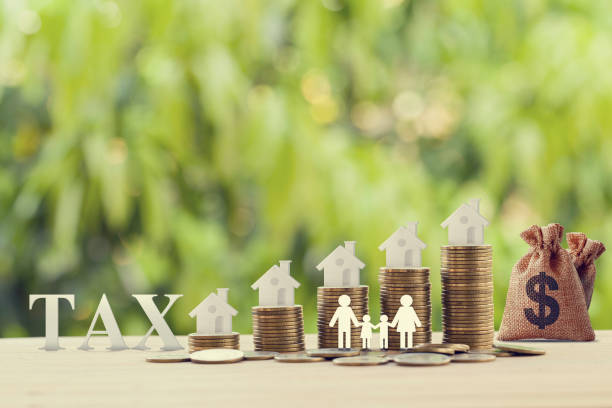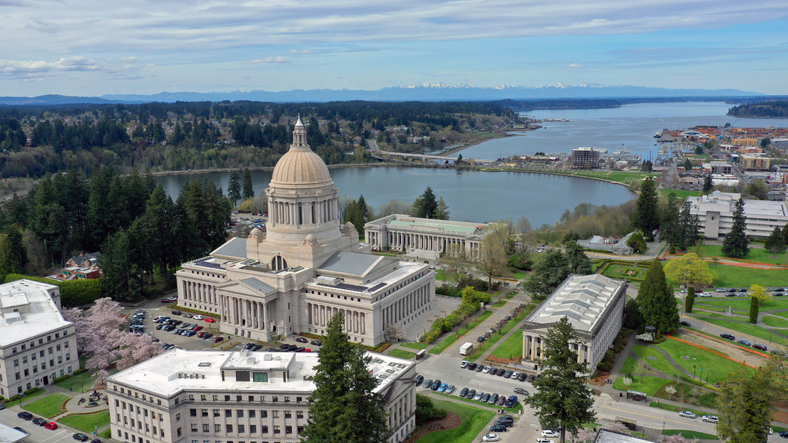Related Articles
Relevant Topics
In November the people of Washington will vote on Initiative 1107. The measure would repeal four of the tax increases enacted earlier this year. If passed in November, Initiative 1107 would repeal the following taxes:
- Excise tax on carbonated beverages (soda);
- Sales tax on bottled water;
- Sales tax on candy; and
- Increased Business and Occupation (B&O) taxes for certain food processors (narrowing of a preferential rate).
The tax on carbonated beverages (soda) is two cents per twelve ounce serving, and is scheduled to expire on June 30, 2013. The sales tax on bottled water is scheduled to expire on June 30, 2013, but could be made permanent if Referendum 52 (approving bonds for energy efficient projects) passes this November.
If adopted by voters, Initiative 1107 would take effect on December 2, 2010, at which time these tax increases would be repealed.
Here is our full analysis of I-1107.
From our conclusion:
There are a number of factors for voters to consider when voting on Initiative 1107. First, passage of the initiative would reduce the tax burden in Washington by an estimated $435 million over five years. The second consideration is the estimated $55 million reduction in available revenue for the current budget, and a $218 million reduction for the 2011-13 budget, at a time when state officials are expecting another budget shortfall. Third, is how the legislature enacted these tax increases with little transparency and minimal public comment, and whether the lack of openness should invalidate the legislature’s decision to increase the tax burden they place on citizens.
Whatever decision voters make, it will be seen as the public’s judgment on the tax increase decisions made by lawmakers in their effort to pass a balanced budget. The failure of Initiative 1107 will indicate the public accepts the new level of taxation and the legislative budget priorities that go with it. Passage of Initiative 1107, and the repeal of the latest tax increases, will signal the public does not want Olympia to rely on new revenues to solve the state’s ongoing fiscal crisis; that voters want lawmakers to control and reform state spending in order to end Washington’s recurring budget deficits.




